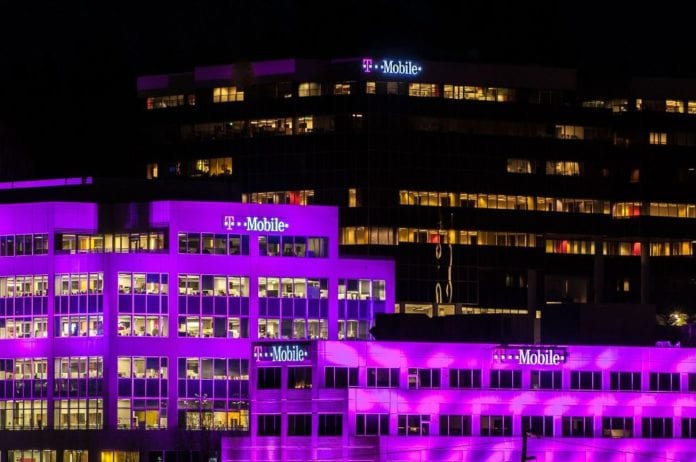Disruption of cable TV space is priority of a combined Sprint/T-Mobile US
From an ongoing attempt to block the AT&T/Time Warner merger to concerted efforts to keep Chinese network infrastructure players Huawei and ZTE out of the U.S. market, current federal regulatory and policy leaders seem highly focused on the telecoms sector. Based on the content of bills and numerous public statements, the political machinations appear hinged on ensuring national security and American leadership in 5G. That in mind, T-Mobile US executives working to push through approval for a merger with Sprint, are highlighting the link between the network combination and 5G leadership.
Last week at the MoffettNathanson Media and Communications Summit, T-Mobile US CTO Neville Ray and CFO Braxton Carter talked up how a combination of the companies would serve to further domestic 5G leadership.
In dissecting the various synergies associated with the Sprint/T-Mo tie up, Ray called 5G a “really important dimension.” Noting accelerating 5G launch plans in the U.S. and APAC region, Ray said, “We’ve all seen some of those concerned very vocally placed into the market and into the media. There’s a real concern the U.S. will get left behind in the race to 5G capabilities.” He ticked off U.S. companies like Google, Facebook, Uber and Amazon that have dominated the internet economy.
“Why is this important? I think it’s a lot more than just about building networks. I think that is the first step. But it’s what comes after that. This is kind of a ‘build it and they will come’ story. As the new T-Mobile we can put down an incredible 5G network on a pace that nobody can do on their own. That will be years ahead of what any company can do on its own in the U.S. marketplace.” He said the result of a combined carrier would not only ensure the U.S. doesn’t get left behind, but maintains global leadership.
Carter discussed how a combination will enable T-Mobile US to move out of the wireless market and into the increasingly competitive pay TV segment. Last year the company announced its acquisition of Denver-based Layer3 TV. With Verizon’s FiOS offering and AT&T’s DirecTV holdings, as well as what AT&T might pick up with a Time Warner deal, consolidation between wireless/wireline and pay TV content creators and distributors is a clear market trend.
“We think we can be massively disruptive in broadband cable,” Carter told Craig Moffett during the session. “Specifically, a fixed wireless application with the type of assets that we have and the economics on that, the business case, to really compete against traditional cable. When we look at the competitive aspects, it’s more than just our industry. We have the ability to massively disrupt the cable industry here too.”

